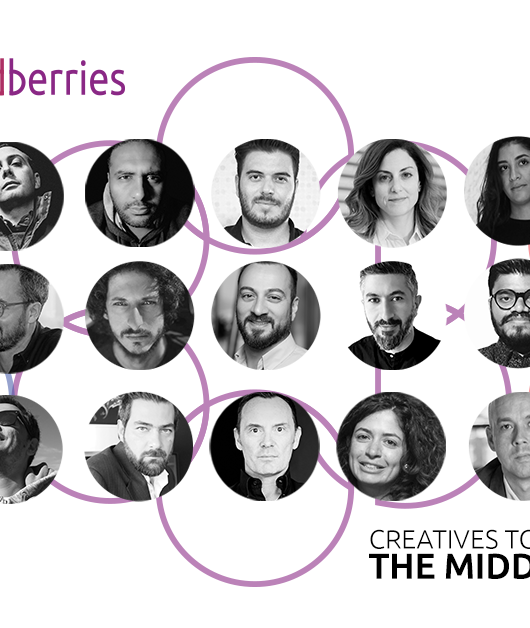What’s The Role Of Empathy In The Age of Data?
No matter how much a consumer rationalizes their purchase decisions, ultimately it comes down to emotion. And that’s why today’s marketers and agencies need to pay attention to the emotions behind the data.
One such agency, Omnicom’s RAPP, which classifies itself as a “high precision brand engagement agency”, is reinforcing the notion of empathy in “today’s world of seemingly endless data analytics”.
“The goal of incorporating empathy is simple: to humanize our organizations. When a basic human understanding exists between brand and individual, they are better able to connect and to establish mutual trust,” says John Wells, President of  RAPP Los Angeles and Dallas in a statement.
RAPP Los Angeles and Dallas in a statement.
As data becomes more ubiquitous, it’s important for companies to view technology and data analytics as “enhancements of marketing techniques, rather than as replacements,” the company states. “It’s not just about value; it’s about values,” it adds.
Wells points out the example of Sephora. “The company is on a mission to make beauty universal and inclusive of all people, regardless of identity, by inspiring confidence and fostering fearlessness in its customers,” he says.
Wells explains that the brand understands that people facing major life transitions will act more boldly if they look and feel their best. Based on this, it has created a program that uses not only data, but also emotion to connect with individuals and support their personal definitions of beauty. “In my eyes, that’s the secret to successful and lasting marketing: empathizing, or tapping into emotions via real understanding,” he adds.
None of this is to say that data doesn’t play a role in building consumer understanding. “But, we should remember that all data is determined by the consumers’ needs, wants, hopes, and desires, which are heavily influenced by their attitudes and beliefs,” says Mimi Nicklin, managing director of RAPP Middle East. “If we can understand those underlying elements, we can expand the empathetic and emotional aspects of our messages, which will guarantee that those messages ultimately resonate,” she adds.
Not every product or service is a good fit for every person, but if an organization clearly stands for something and vocalizes that purpose, suddenly that brand becomes human, the company reiterated.
In some sectors more than others such as automotive or real estate, the focus tends to be on product and price information. But, if marketers were able to understand the emotional reason behind why their audience is even in the market and what emotions drive them – whether they are buying a new home, car, or computer – and make that connection, they’d be able to make that sale.
“I have no doubt that the continuous stream of data, incorporation of AI, and reality of real-time decision-making have changed how marketers approach consumer communication. While this wealth of data undoubtedly leads to stronger marketing efforts, operating on data alone is a mistake. The strongest effort combines the precision of data analytics and the empathy of listening, expanding the conversation from mere value to values,” summed up Wells.
This article has been originally published on Communicate Middle East





